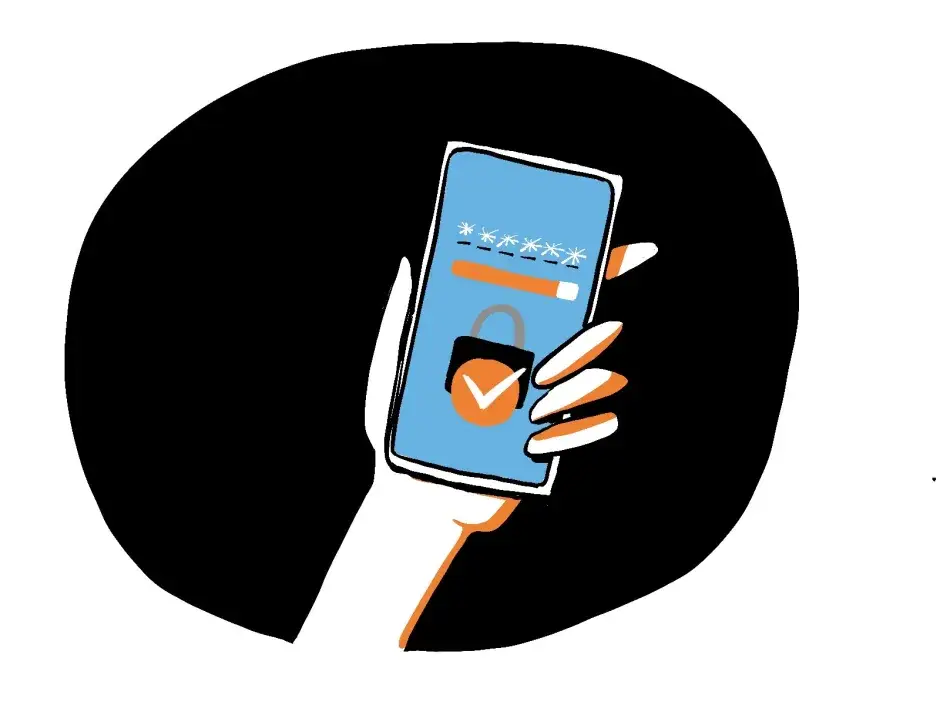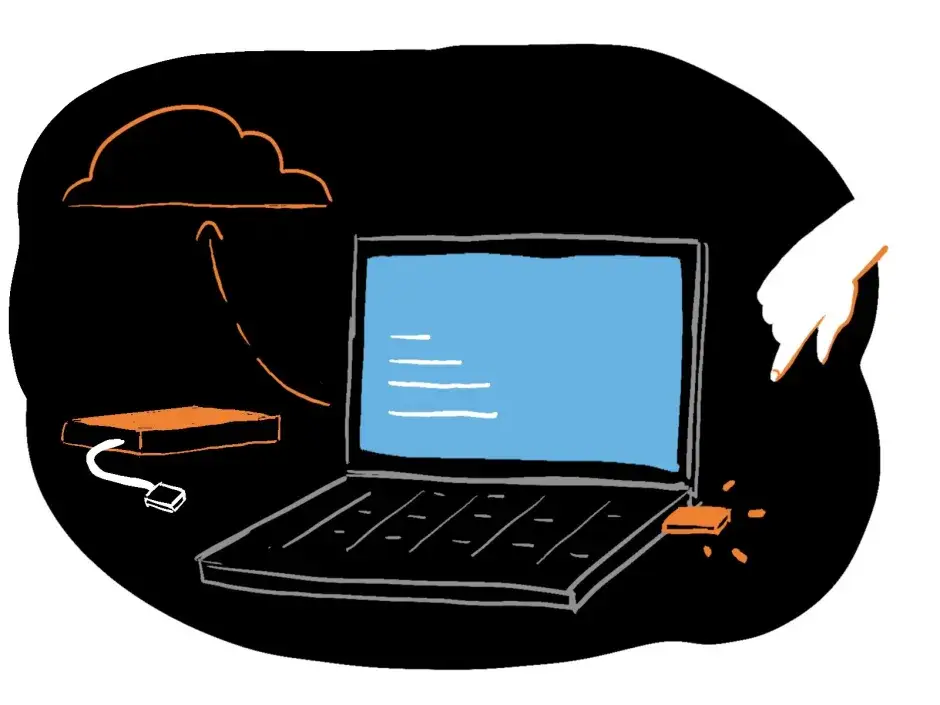With cyberattacks now ubiquitous, how can you prevent risks and protect your personal data online? Here are three cyber tips to boost your protection professionally and personally.
Passwords: choose a good one for each site
- A strong password must not contain any personal information (first name, name of a pet, date of birth, postcode, etc.). This data is easily found via social networks
- Try a random password generated by your phone or special app. It makes it much harder to guess the password for your personal email account
- Avoid saving your passwords in your browsers, as these can be easily hacked by cybercriminals. It is better to use a password manager, whether a specific application (KeePass, 1Password, Bitwarden, Keeper...) or a similar feature on your mobile phone or tablet
- Use a specific password for each site. That way, if you do have a security issue, the impacts will be limited
Phishing: know how to detect and counter it
To detect and counter phishing attacks, take care when receiving an email or SMS: avoid “too good to be true” offers or requests from unknown sources. The same applies to malicious QR codes ("quishing") and fraudulent phone calls, where the perpetrators pose as your bank advisor or other trusted contact.
Here are 4 anti-phishing tips:
- Take a few minutes to check the content of the message and its sender
- If you’re suspicious of an email or SMS, don’t click on any links or open any attachments
- Don’t forward the potentially fraudulent message; delete it straight away
- Notify relatives, colleagues, or IT managers
Back your data up frequently
Making regular backups for all your devices helps protect it from cyberattacks. It’s also useful if your device is lost or broken or you accidentally delete a file.
- Backups can be saved in different places: the cloud, a hard drive, a USB key, or a network storage server
- Safely backing up your data means following the 3-2-1 rule: 3 for the number of copies, 2 for the number of places, and 1 for an unconnected backup
- Remember to check that your files are backing up correctly and that you’re able to restore them


